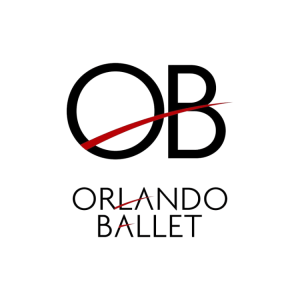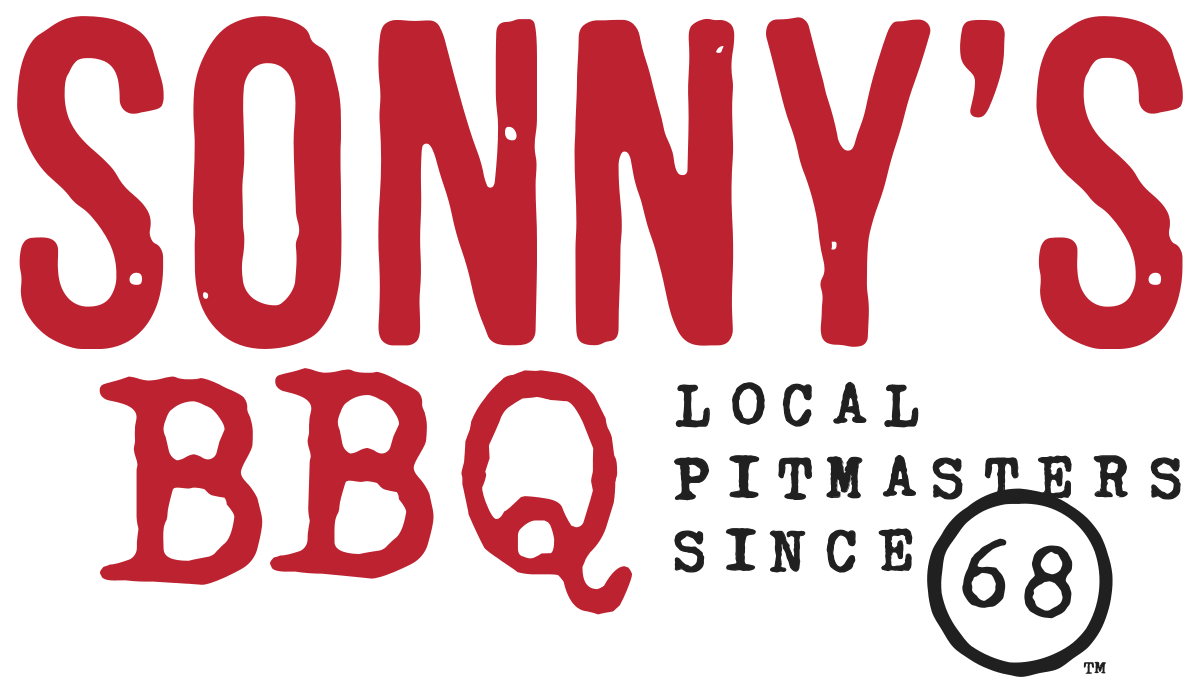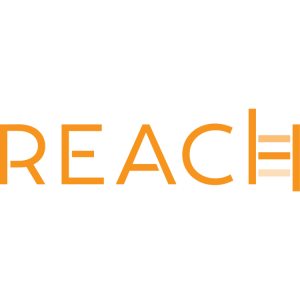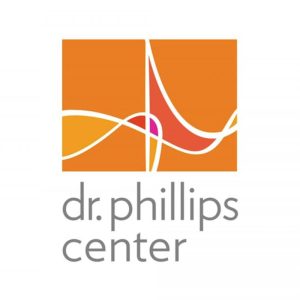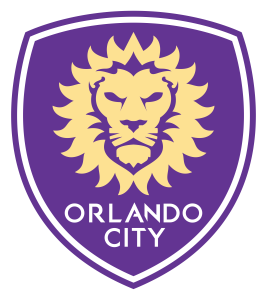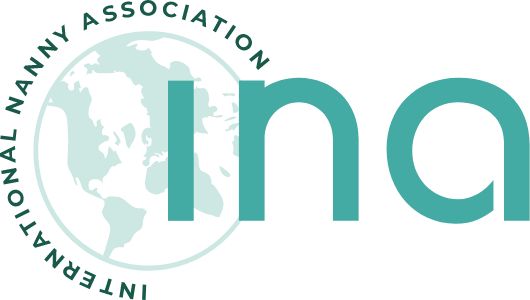The UCF Ginsburg Center for Inclusion and Community Engagement Office of Learning and Organizational Development training program is one of the most prolific in higher education. You can pursue certificates and training individually or as a departmental effort to improve performance and our learning and work environments.
Workshop Schedule
View the Spring 2024 Workshop Schedule All workshops are free unless otherwise noted. Please note that locations vary. Other opportunities for workshops may be scheduled by calling (407) 823-6479 or by emailing Kavita.sawh@ucf.edu.
Registration Instructions
- Faculty, A&P, USPS, OPS: Register online on Workday Home page > All Apps (Menu) > Learning > Discover > Browse Learning
UCF Certificates
There are currently no certificates being offered at this time. Please stay tuned for further updates.
Course and Facilitation Descriptions
Consultations and Presentations
In addition to Faculty, GTA, and New Employee Orientations, the Ginsburg Center for Inclusion and Community Engagement Office of Learning and Organizational Development provides a variety of consultations and presentations as a service to the UCF Community.
Consultations: A consultation is an individual or group meeting to assist in planning inclusive programs and events, expanding access for grant proposals, infusing the curriculum with engaging content and pedagogy in both new and existing courses, or discussing issues or incidents. Depending upon the circumstances, consultations may occur face-to-face, by e-mail or telephone.
Presentations: The Vice President for Access and Community Engagement and The Ginsburg Center for Inclusion and Community Engagement Office of Office of Learning and Organizational Development, and members of the training staff are available to make presentations to classes, departments, organizations, and student groups. We also facilitate sessions at team retreats. Our presentations cover a variety of topics, and, if time, personnel, and resources allow, we will tailor specific presentations to meet your unique needs.
For more information, or to schedule a consultation or a presentation with any of the members of our training staff, please feel free to contact us.
Corporate Trainings
Corporate Trainings can help to improve relationships in your workplace and create an inclusive and welcoming environment.

